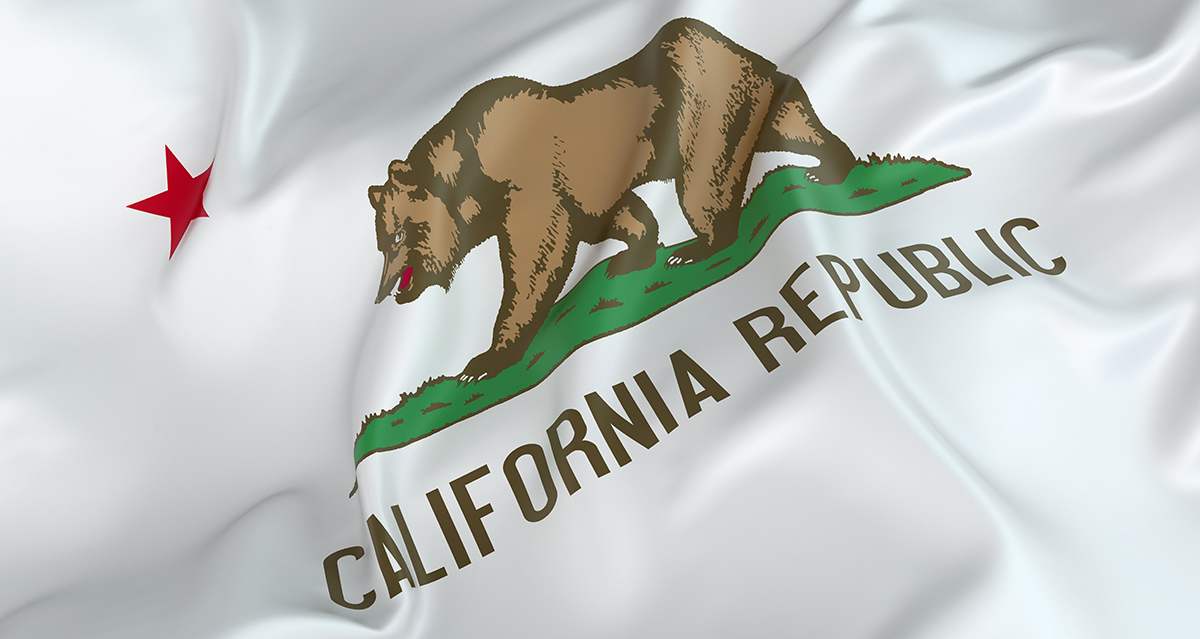
Before adjourning, the Legislature passed a bill package allocating more than $1 billion for the statewide fight against COVID-19, including Senate Bill 117, which appropriates $100 million for California’s schools to combat the spread of the virus and enacts other protections for schools amid their statewide closures. The passage of SB 117, which you can read more about in this newsletter’s cover story, preceded by less than 24 hours Gov. Gavin Newsom’s devastating yet unsurprising prediction that California’s schools are unlikely to reopen before the summer break.
The official adjournment came approximately 12 hours before CSBA’s 2020 Legislative Action Day had been originally scheduled to begin at the Capitol. On March 2, in recognition of the growing concerns surrounding the spread of coronavirus, CSBA announced the cancellation of the event.
Continuing its 2020 work, CSBA’s Legislative Committee met later in March (virtually, of course) to approve positions on two dozen new bills that were introduced in the Legislature in January and February. These bills, like all those introduced this year, remain temporarily in limbo due to the Legislature’s month-long recess.
It is currently not known what specific adjustments the Legislature will make to its 2020 calendar upon its expected return in mid-April, regarding deadlines for policy committees, fiscal committees and the floors of each house to hear bills. By law, the Legislature must adjourn the 2019–20 session before midnight on Aug. 31.
Voter education: AB 1913 (Gonzalez, Lorena, D-San Diego) is a reintroduction of AB 773 (Gonzalez) from 2019. Like its predecessor, AB 1913 would require local educational agencies to provide educational programming, developed by the Secretary of State and the Superintendent of Public Instruction, during an assembly or presentation that occurs during high school voter education weeks for 12th-grade students. CSBA supports the measure.
School closures info: AB 2126 (O’Donnell) would require the California Department of Education to develop and implement a website and app for the purpose of collecting school closure information, including the school name and the reason for and duration of the closure. The bill endeavors to aid in emergency response during crisis situations by ensuring that responders have a hub of information to determine if an evacuation is necessary, if a school facility may be used as a temporary housing location for emergency personnel, and other critical emergency response decisions. CSBA supports the bill.
Lowest-performing student groups: AB 2685 (Weber, D-San Diego) would add the lowest-performing subgroup or subgroups to the definition of “unduplicated pupils” for the purpose of calculating supplemental Local Control Funding Formula funding. CSBA supports AB 2685, and also supported two previous versions of the bill, both by Asm. Weber. AB 575 was held in the Assembly Education Committee last year, while AB 2635 was held in the Senate in 2018, yet the 2018–19 budget act included $300 million in one-time money, distributed via grants, pursuant to that bill to address the lowest-performing subgroups.
“Proposition 13”: As you can read more about in this newsletter, the largest proposed statewide school facilities bond in state history suffered defeat at the ballot box on March 3. By (bad) luck of the draw, the measure was tabbed as “Proposition 13,” the next number up in the Secretary of State’s continuous sequence of ballot measure numbering, which resets every 10 years or after number 200, whichever comes first. It is believed that voter confusion, in part, led to Proposition 13’s defeat, as it shared a name with California’s landmark 1978 property tax law. CSBA now supports Assembly Bill 2088 (O’Donnell), which would permanently retire the number “13” from the sequence.